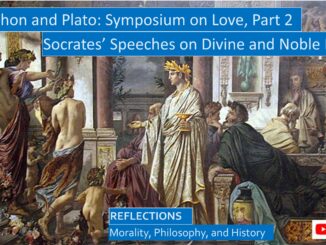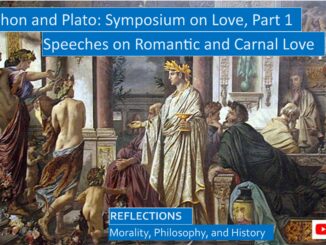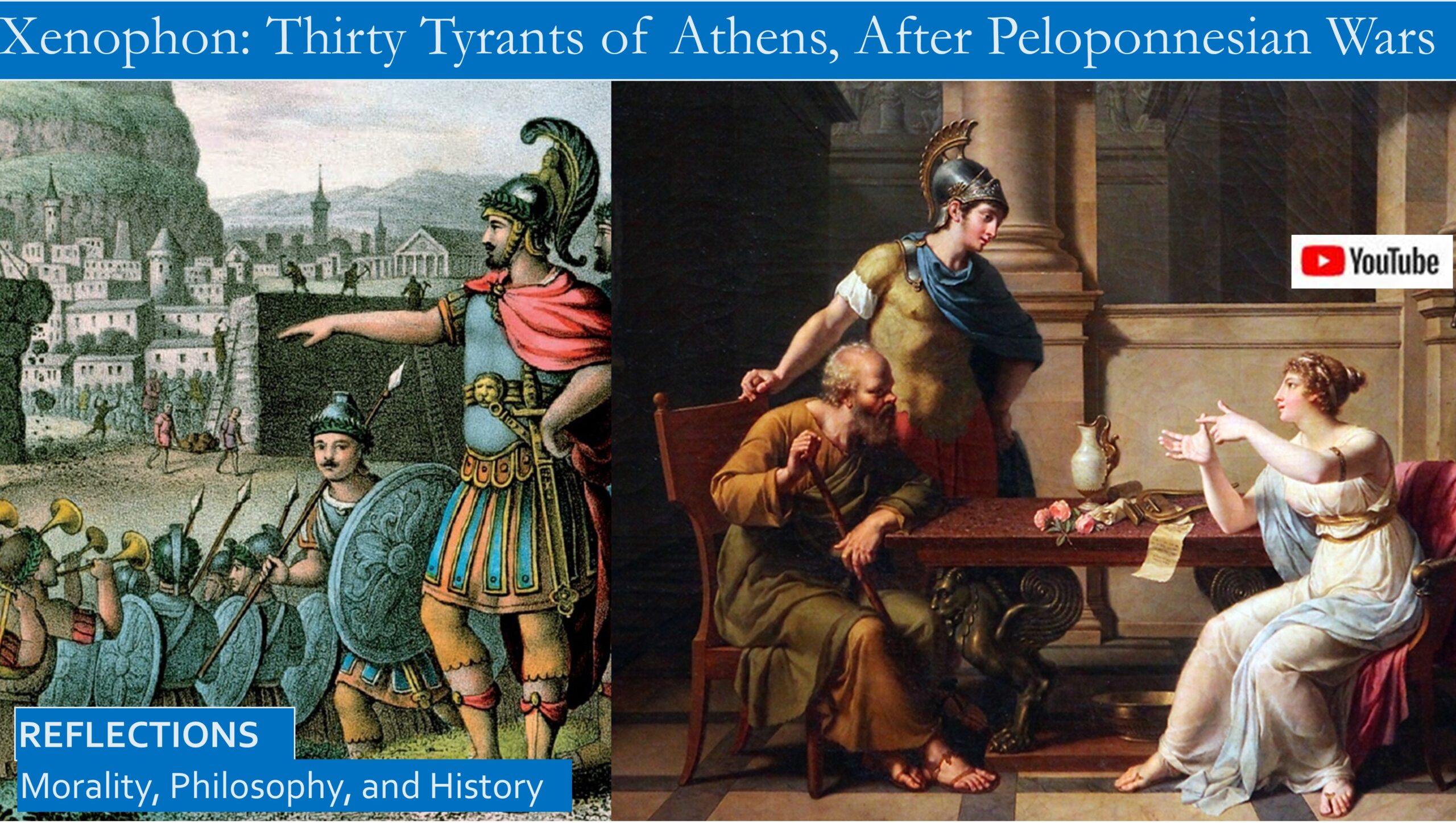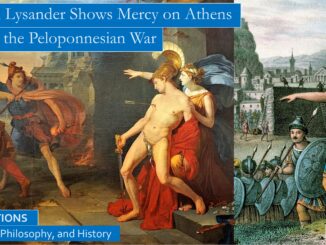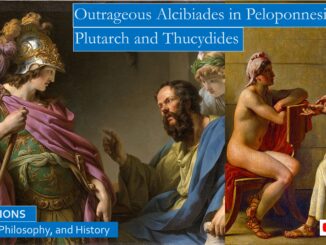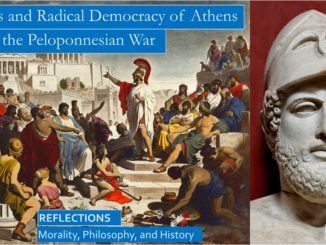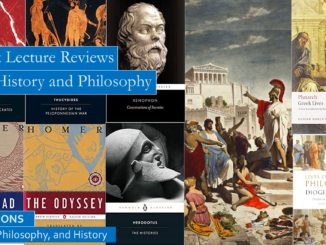
How Did Confessing Christians Tolerate Hitler? Excerpts From Post-War Interviews
The war softened the hearts of many Germans. One German remembers shopping during the time of the brutal Allied bombing of Berlin, the “shopkeeper was talking to another customer whom she knew and said, ‘This is the punishment for what we’ve done to the Jews.’ And she dared to say that much, although I was a stranger in her shop.” […]

